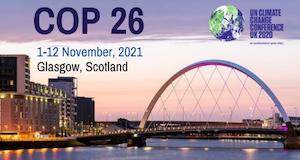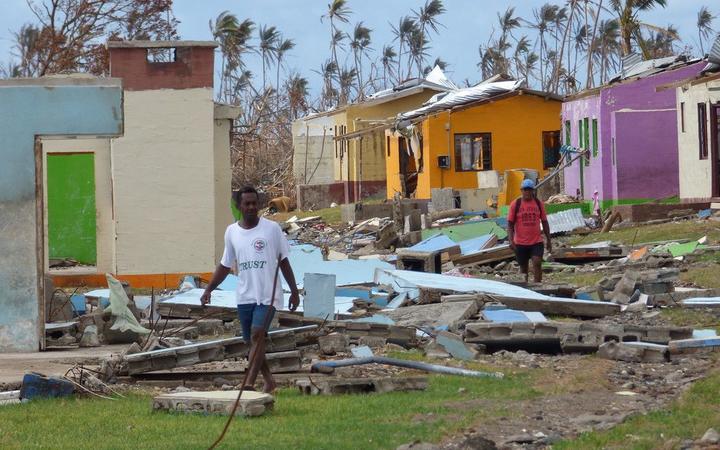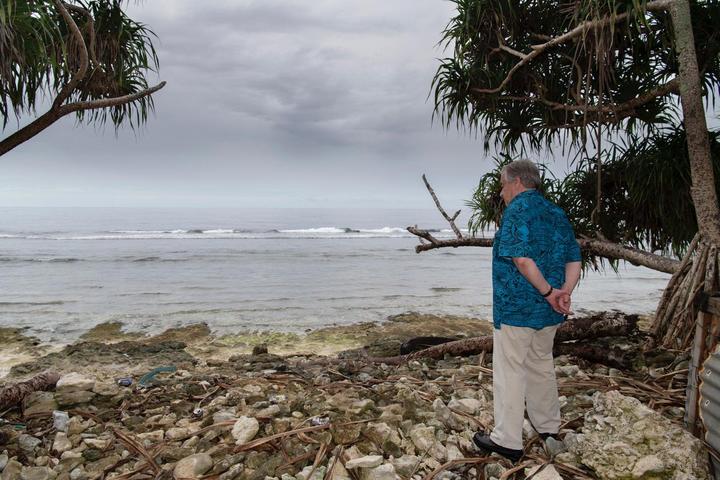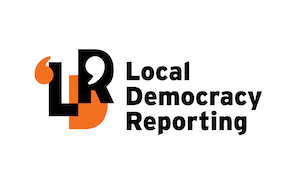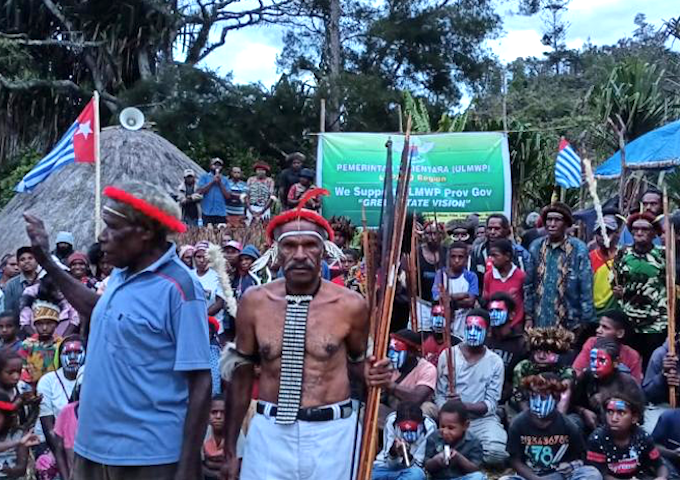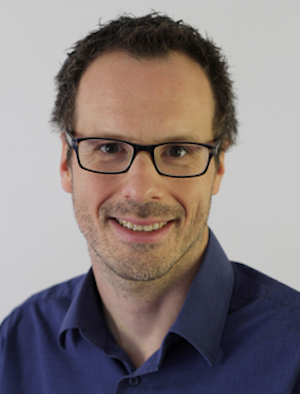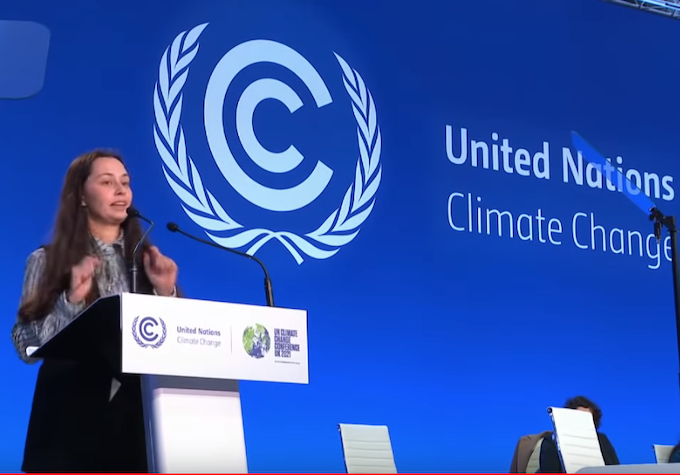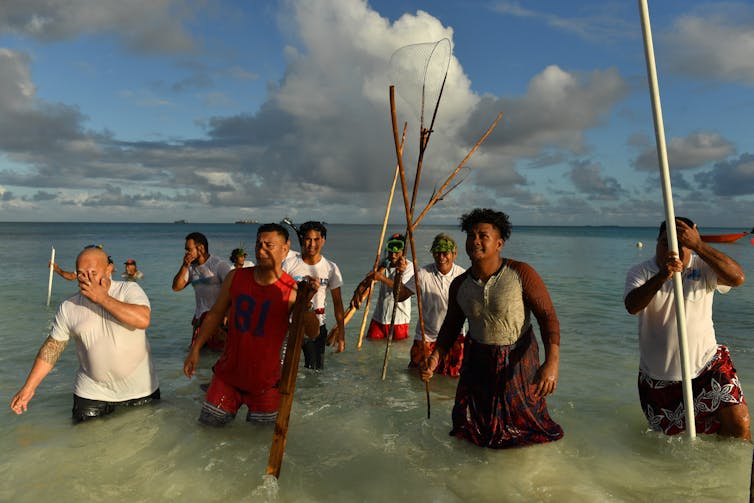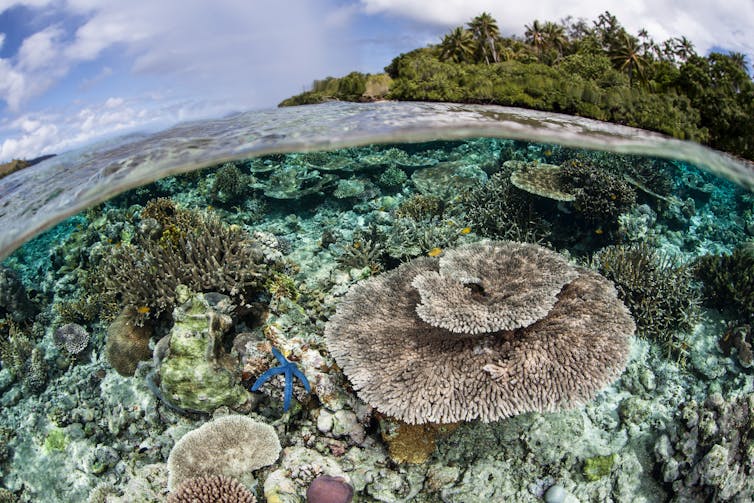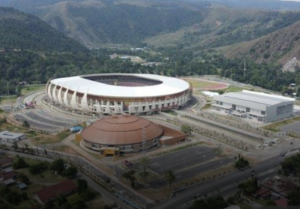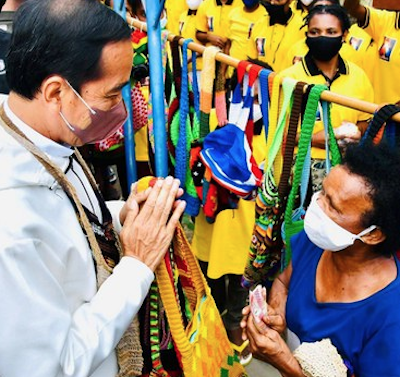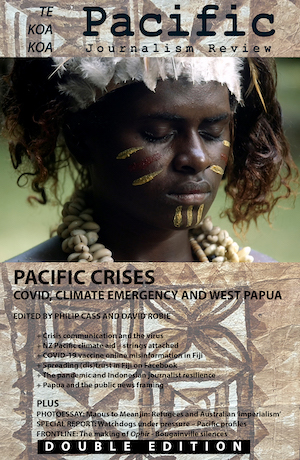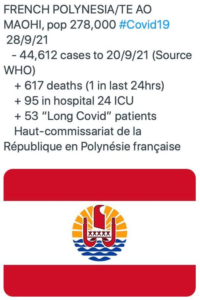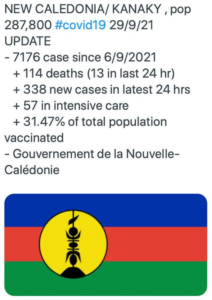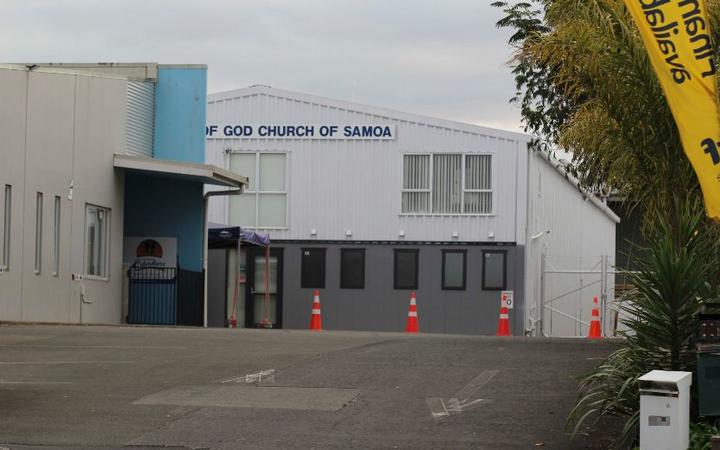COMMENTARY: By Shailendra Singh in Suva
Do the Fiji news media represent a wide range of political perspectives?
Fiji’s national media, like media elsewhere, would cover a wider berth collectively, rather than as individual media organisations, because individual media have obvious leanings and priorities.
But do the media, even as whole, provide a wide enough perspective?
Not always – media coverage is discriminatory by nature, even by necessity, some would argue.
Besides media’s commercial priorities and political biases, there are resource and logistical constraints to consider, as well as professional capacity development challenges. Inevitably, certain individuals and groups fall through the cracks.
Generally, the political elites, and to some extent the business lobby tend to receive proportionality greater coverage because they are deemed more important and more sellable than the less prominent, prosperous or powerful in society.
Internationally, research indicates that women are among the disadvantaged groups consigned to the margins of political coverage, along with youth.
Then there’s the question of political parties. Are they treated equal?
Usually, the dominant party, and/or the governing party, which can marshal the most resources, gets the lion’s share of coverage, and follows in descending order.
In Fiji, the governing party regularly accuses some media of being anti-government, especially The Fiji Times. Meanwhile, the opposition complain that they are ignored by the Fiji Sun and the Fiji Broadcasting Corporation, whom they label pro-government media.
Fiji media weaned on Anglo-American news tradition
The Fiji media were weaned on the Anglo-American news reporting tradition, based on journalistic objectivity as an ethos. This calls for reporting the “facts” in a neutral, unattached manner.
Because objectivity is neither possible nor ideal in every situation, the media can, and will take a stance on certain issues, political or otherwise. The compromise is that any such leanings are confined to the opinion sections. The news section must remain objective, unbiased and untainted by opinion.
However, it is a slippery slope, and the lines between news and opinion have become blurred, both in Fiji and abroad. Nowadays, it is not unusual to see opinion masquerading as news.
Different media commentators have different takes about the risks and benefits of this trend. At best it is a mixed bag, depending on the issue on hand.
Media can support government policy out of conviction, but not out of pecuniary/financial interests. Even if they take a certain stance, media should still provide reasonably equal coverage to opposing views. Especially state media since it is tax-payer funded.
Ideally, state media should give opposing views a fair hearing, but in the Pacific, the reality is different. State media, by policy, serve as government mouthpieces.
The surest way to know if media represent wide a political perspective is through research. USP Journalism is examining Fiji’s 2018 election coverage data with Dialogue Fiji, and preliminary results indicate a clear bias on the part of all media – some far more than others.
Complex variables for media bias
While the Fiji media do have their favourites, analysing media bias can be complex because there are so many variables to consider. For one, media bias is not only intentional, but unintentional as well.
For example, if a politician or political party refuses to talk to a certain media, then the bias is self-inflicted. The media can hardly be blamed for it.
The bottom line is that the Fiji public know by now their media’s stances. While the media have an obligation to be fair and balanced, the public have the right to choose not to consume media that are deliberately biased.
Do Fiji media exercise self-censorship?
It’s obvious that media exercise a greater level of self-censorship since the 2006 coup and the punitive 2010 Fiji Media Industry Development Act. There are several reports attesting to this, including IDEA’s Global Media-Integrity indices.
The indices show that the Fiji media have been bolder since 2013, yes, but they will not cross a certain line – the fines and jail terms in the Media Act are not worth the risk.
While no one has been charged under the Act so far, it’s like having an axe on your neck because the lettering in the Act is quite broad. For instance, any news reports that are “against the national interest” is a breach of the Act, without clearly defining what constitutes “against national interest”.
This means that there are any number of reports that could be deemed to be against the “national interest”.
An ordeal in terms of stress
Even if in the end the charges don’t stick, just going through the hearing process would be an ordeal in terms of the stress, both financial and emotional.
In 2015, the fines and jail terms for journalists were removed from the Act. Was this impactful in reducing self-censorship? Not necessarily, because the editors’ and publishers’ penalties were retained.
The editor, and to some extent the publisher, are the newsroom gatekeepers – they would put a leash on their journalists to protect themselves and their investment.
So, media are trying to live with the Act and operate around its parameters. Rather than take big risks, they are taking calculated risks, such as a degree of self-censorship, so that they can live to fight another day.
Is criticism of the government common?
The answer is both yes and no — criticism is common with some media, not all media.
There is not as much criticism as before the Act, but still a fair amount of criticism — under the circumstances. Private media such as The Fiji Times stand out for their critical reporting, as well as Fiji Village, more recently.
The FBC and the Fiji Sun are on the record saying that they have pro-government policies, and this is reflected in their coverage.
Blind eye to goverment faults
Of course, being pro-government policy would not mean turning a blind eye to the government’s faults, or endlessly singing its praises.
Some complain that Fiji media in general are not critical enough — such people do not fully understand the context that media work in, or appreciate the risks they take — on a daily basis.
Government accusations usually come with the territory. But because of the Act, the government criticism is menacing. So given the context, I don’t buy fully into claims that the media are not critical enough.
Besides its news reporting, The Fiji Times gives space to government critics in its letters columns, and hosts columnists ranging from opposition members, academics and civil society representatives.
Could there be more criticism? Should there be more criticism?
My answer to both is “yes”. But the criticism needs to be measured, as well as fair and balanced.
In the last IDEA session, University of Hawai’i professor Tacisius Kabutaulaka stated that the quality of media reporting was part of media freedom. I agree — the two cannot be separated. Just as a fawning, biased media is bad for democracy, so is a negative, overly-critical media.
Region’s toughest media law
Fiji’s Media-Integrity graph has improved since 2013 but is still among the lowest in the region. Why so?
Fiji has the lowest ranking in the region, simply because it has the toughest media law in the region. There was some improvement in the rankings because of the 2013 constitution and the 2014 elections. Compared to military rule, this signalled a return to a form of democratic order.
But as long as the Act is in place, the media are government-regulated. In a fuller democracy, the media are self-regulated, as Fiji’s media used to be.
Also, the two-day media coverage blackout on the 2018 elections would have affected Fiji’s ranking as well. The ban was seen to restrict political debate at a crucial time.
The contempt of court charge against a government critic and The Fiji Times sedition trial all affected Fiji’s rankings.
How can Fiji media improve?
Addressing the issues concerning the Act could be a starting point. For one, the Act was imposed on the media; for another, it has not been reviewed in over 10 years.
I suggest a roundtable of stakeholders to review and update the act. The government, the media and other interested parties can get together to find common ground and apply it in the Act to come up with a more acceptable arrangement.
Shailendra B Singh is associate professor in Pacific journalism and coordinator of the University of the South Pacific Journalism Programme. This is extracted from Dr Singh’s recent presentation on International IDEA’s Democratic Development in Melanesia Webinar Series 2021.
This post was originally published on Asia Pacific Report.
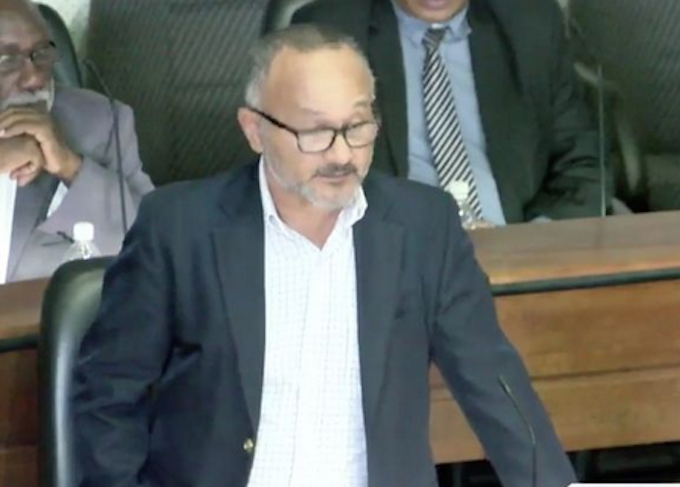
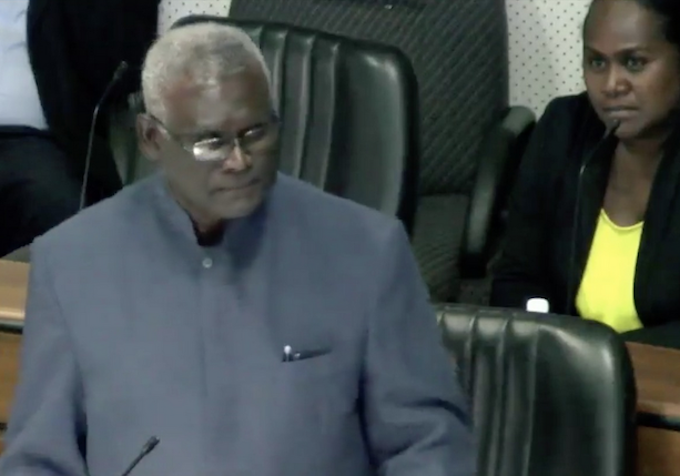
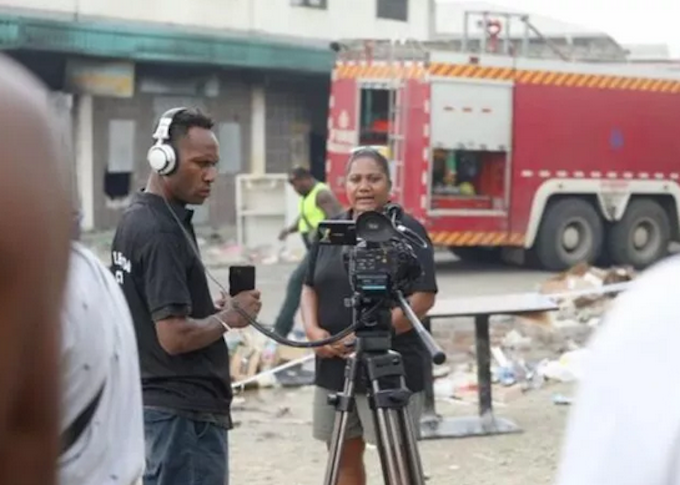
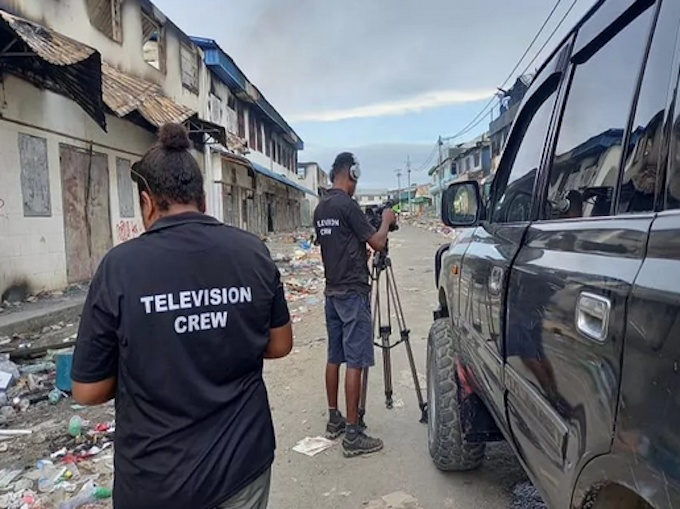
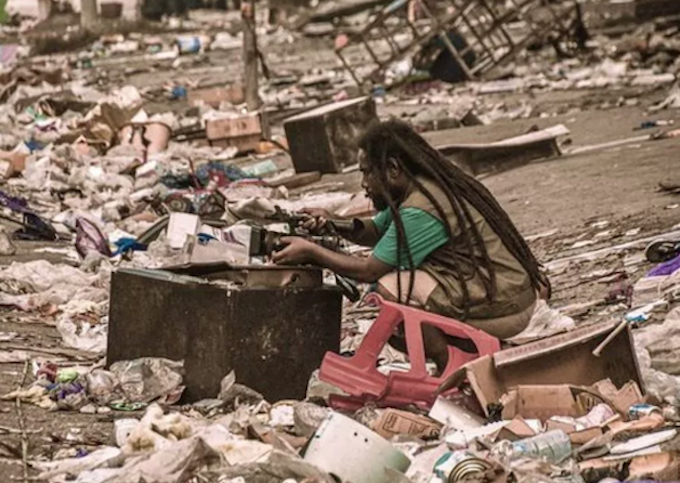
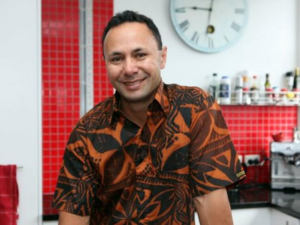

 not mine
not mine 